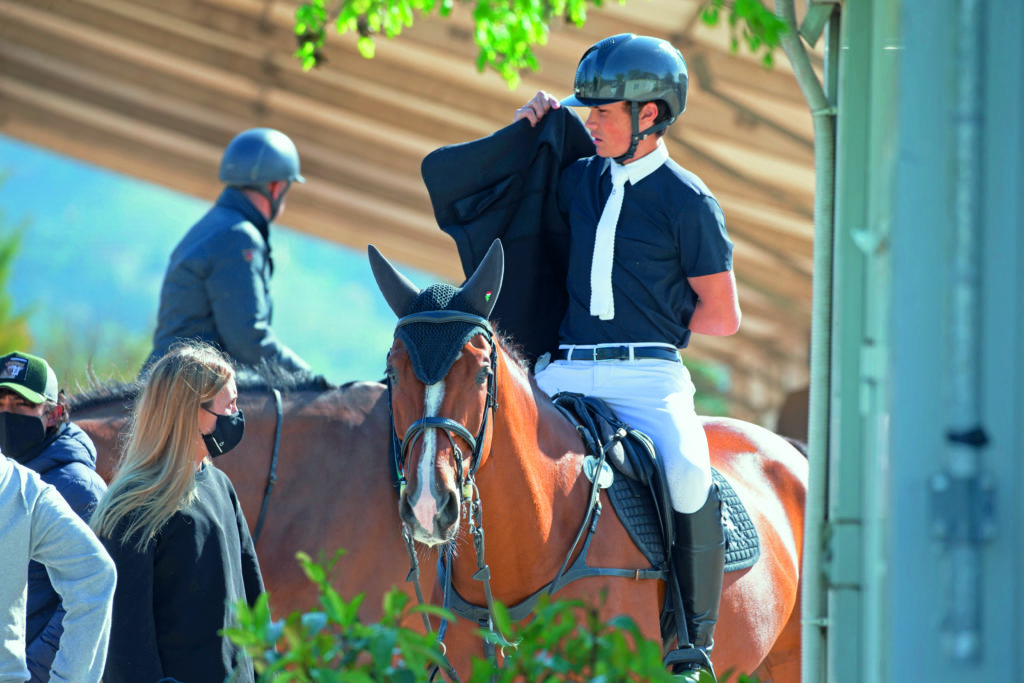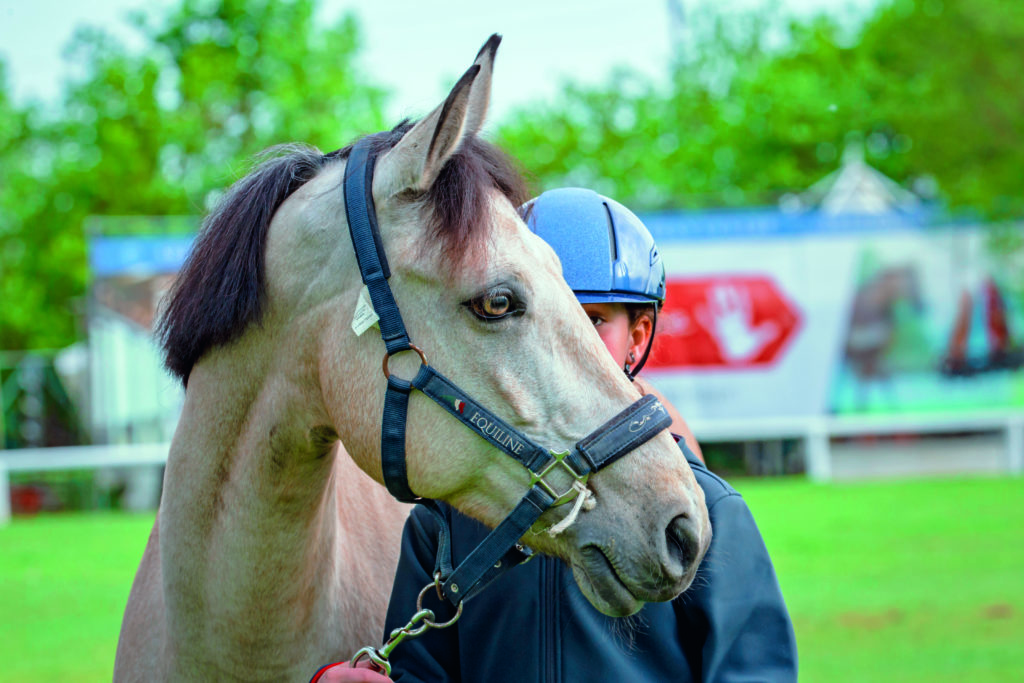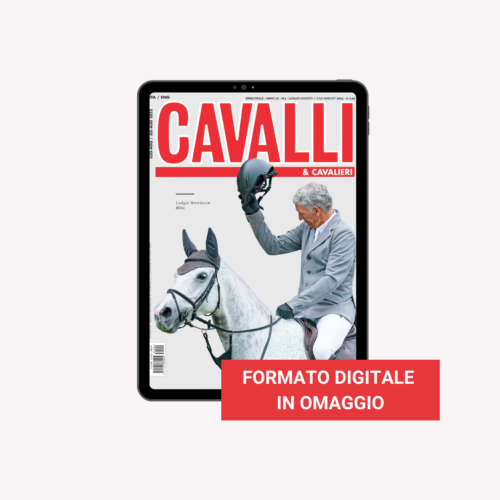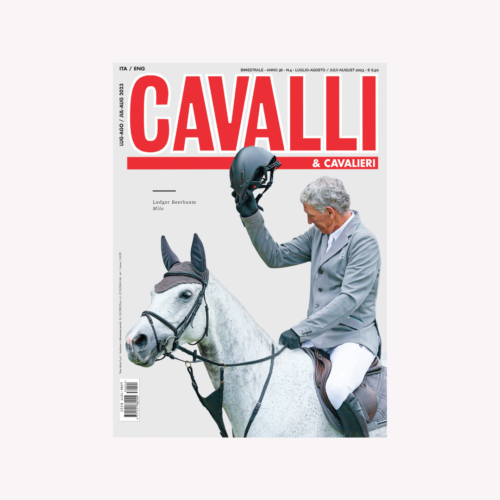AVV. MICHELA MASOERO
Horses & Law
The instructor’s role involves responsibility when teaching underage pupils, especially if in competitive sports. The instructor is responsible for the activity he requires the pupils to perform, and he must insist that each student wears the necessary protections such as riding helmets, body protectors when required as well as suitable footwear. The instructor must also enforce that each student respects the rules, high standards for the sport as well as absolute respect for the horse. The instructor is responsible for the underage pupil not only during the competition, but also for any behaviour held by the minor in the performance of the equestrian sporting activity and training. Every instructor agrees and signs a code of ethics and must comply with federal principles.
“The instructor represents an irreplaceable figure in the sports and educational training of the riders, especially the younger ones. The instructor’s contribution is essential and supports a qualitative growth of the rider not only for the technical aspect but also for the pedagogical one.”

The Instructors’ Code of Ethics states that the trainer’s figure must operate in compliance with universally recognized ethical and moral principles, maintaining a behaviour that should be of example.
The Instructor Code of Ethics states:
—01. comply with the law, federal regulations and the rules of society; —02. not to use prohibited substances and to ensure the pupils are not using them on themselves or their horses; —03. notify the parents of any situations of discomfort perceived regarding the minor or known even indirectly, such as the use of drugs, even recreational ones; —04. be an example for the pupils especially if they are minors, maintaining a state of physical fitness suitable for any sporting context, as well as being an adequate role model for a sporting and competitive environment; —05. treat everyone equally, paying the same attention and dedicating the same time, respect and dignity to both the more talented and the less gifted; —06. respect the stages of growth of each student and each horse and put his psycho/physical well-being before any victory or result, whether it is a team or individual one; —07. the training and level of the competition must respect the physical, sporting and emotional development of the student and of the horse and must be based on the needs and interests of the student and the horse; —08. being up to date on how to recognize and manage social difficulties and bullying of the pupils or contact experts in the field; —09. an instructor must avoid situations of embarrassment with his own students, especially if they are underage, inappropriate language and harassing or provocative behaviour, even if caused in whole or in part by the students themselves; —10. an instructor should never share a hotel bedroom and/or horse box accomodation with a minor who is not from his own family unit. In the event that adults and children have to share a bedroom, hotel room and/ or horse box accommodation always make sure that you have had the written permission of the person exercising parental authority over the minor. —11. avoid as much as possible physical contact with the minor, and when it’s necessary for the purpose of teaching a technique, it’s always preferable to operate in the presence of witnesses or of parents. However, physical contact must not be invasive or resembling harassment in any way; —12. be aware of any health conditions, food intolerances, ongoing injuries and current therapies for the young riders; —13. participate in training initiatives organized by FISE on the topics of prevention and repression of abuse and harassment;
This means that the figure of the instructor is not limited to the one who teaches how to ‘ride a horse’, but rather represents the personality that supports the student to grow in the equestrian world, helping him grow by teaching respect for sporting rules and for horses, undisputed companions. The instructor is also the one who teaches and demands compliance with these rules.
Cavalli & Cavalieri July/August can be purchased in paper format and available for free in digital format on cavalliecavalieri.com



